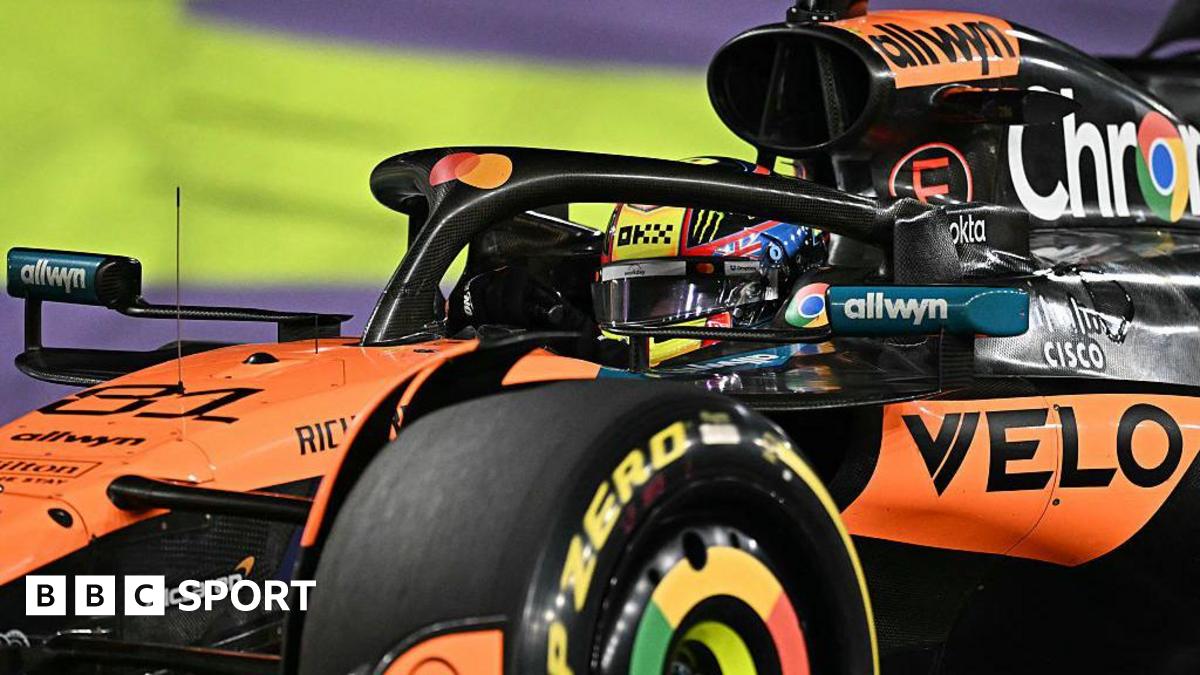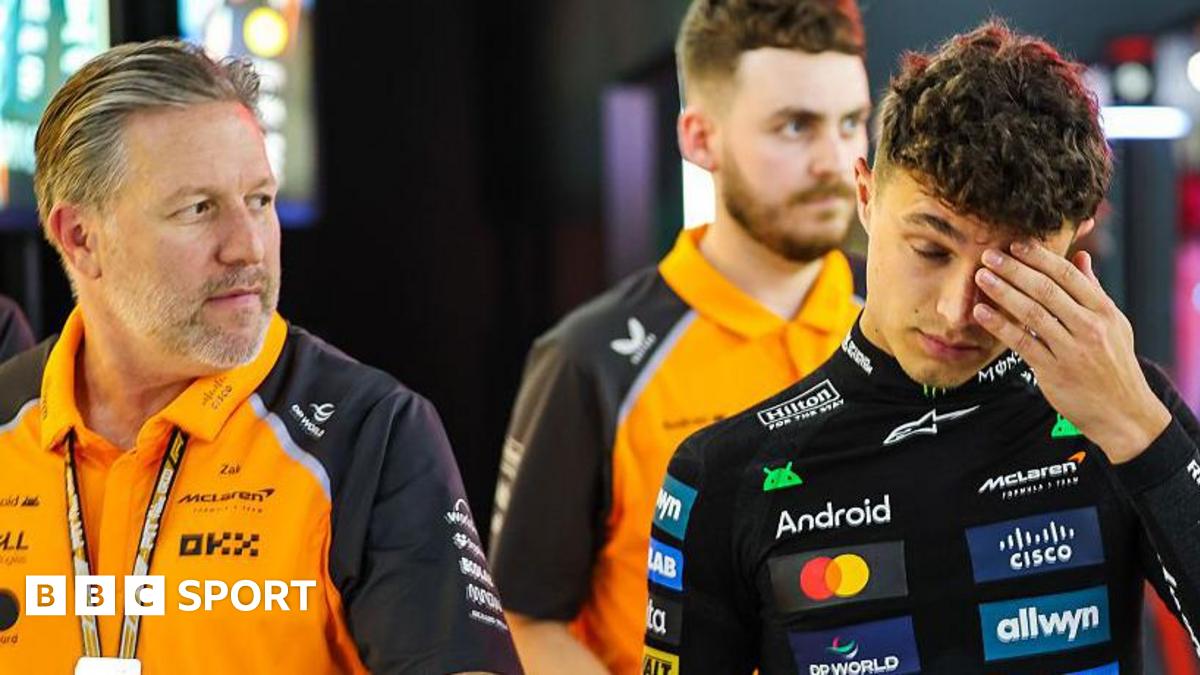‘Pink Floyd At Pompeii: MCMLXXII’ review: they don’t make them like this anymore


Walking across steaming gravel pits – swathed in floating images of bubbling volcanic mud pools, ancient pillars and terror-stricken gargoyles hewn into the living rock – Pink Floyd arrived at Pompeii in 1971 intent on melting time. Erecting their formidable PA in the lost city’s amphitheater, overseen only by a few shirtless hippies and some local kids who sneaked in to watch, the psych prog pioneers were there to embed themselves in myth and highlight the timeless, elemental nature of their music.
For several minutes, in the beating sun, they toyed with atmospheric quivers, sinewave guitars and piano notes like drops of liquid glass falling into a crystal pool, as the first part of ‘Echoes’ – the gracious 23-minute centrepiece of their most recent album ‘Meddle’ – gradually took shape. Amid the warping psychedelia of ‘Saucerful Of Secrets’, Nick Mason summoned tribal polyrhythms, Roger Waters beat seven shades of art rock out of cymbals and David Gilmour, sat barefoot in the sand, used a molten metal slide to open wormholes to 79 AD in his guitar.
When Waters’ menacing whispers break into blood-chilling screams on a twilit ‘Careful With That Axe, Eugene’, they connect us instantly with the horrors of the Vesuvian eruption of almost two thousand years ago, highlighting how serenity and cataclysm could co-exist in a second. When ‘One Of These Days’ landed like a rumbling, sizzling lightning bolt of sound, it evoked the moment Prometheus stole fire from the gods.
The core message of the project was that music had all the time in the world and could encompass millennia. And as a simple – albeit admittedly pretentious – document of a boundary-pushing band finding focus and fusion after a period of loss and exploration, the original hour-long 1972 release of Pink Floyd At Pompeii was a striking, prog-defining achievement.
Watching this 4K anniversary re-release over fifty years on is an even more meta experience. One of the most unsettling moments of the film is the appearance – as backdrop to Richard Wright’s freak-out keyboard crescendo on a particularly mystical ‘Set The Controls For The Heart Of The Sun’ – of the infamous petrified bodies of Pompeii residents preserved at the instant of the fatal heat blast. They might have been a captain of industry, a great orator or a champion of the downtrodden, yet known by generations of giggling school trips, for all eternity, as the Wanking Man Of Pompeii. The Floyd, here, are captured in just such a moment of historical stasis.
The original film included only the live footage; this later, extended cut was released in 1974, the year after the band became the world’s biggest thanks to the phenomenal success of 1973’s ‘The Dark Side Of The Moon’ album. The twenty-five minutes of extra footage was shot in the studio between albums, as that iconic record came together. “The market at the moment in rock’n’roll is expanding at a phenomenal rate,” Waters predicts as we watch him lay down the bassline of ‘Brain Damage’ or twiddle some black boxes until they play ‘On The Run’.

“Can I have a fruit pie without the crust,” Nick Mason meekly insists at lunch, unaware that he’s about to flog 45 million albums and, within months, could probably demand that someone paint Wales magenta before he sets foot in it. The polite and casual manner in which Pink Floyd are unknowingly coming of age and changing musical history is arguably more stunning than the gig setting itself.
As such, Pink Floyd At Pompeii: MCMLXXII captures a moment that’s as bygone as the good citizens of Pompeii themselves. Here was an uncompromising, visionary band who, over the four years since losing their frontman Syd Barrett, had been given several avant garde experimental albums to explore their new identity: 1970’s ‘Atom Heart Mother’, for instance, featured a cow on the cover and a roadie eating breakfast for 13 minutes.
With ‘Echoes’, their sound had cohered and they were just about to hone themselves melodically into one of the best-selling acts of all time, by way of their eighth studio album. The music industry of 2025, to its eternal shame, must look on it as a time and practice every bit as antiquated as all those ruined brothels and bath-houses.
‘Pink Floyd At Pompeii: MCMLXXII’ is in cinemas from April 24
The post ‘Pink Floyd At Pompeii: MCMLXXII’ review: they don’t make them like this anymore appeared first on NME.
What's Your Reaction?
 Like
0
Like
0
 Dislike
0
Dislike
0
 Love
0
Love
0
 Funny
0
Funny
0
 Angry
0
Angry
0
 Sad
0
Sad
0
 Wow
0
Wow
0


















































![Ransom Canyon Boss Breaks Down Finale Twists (R.I.P., [Spoiler]!) and Looks Ahead to Season 2](https://tvline.com/wp-content/uploads/2025/04/ransom-canyon-finale-ending-explained-staten.jpg?#)




































